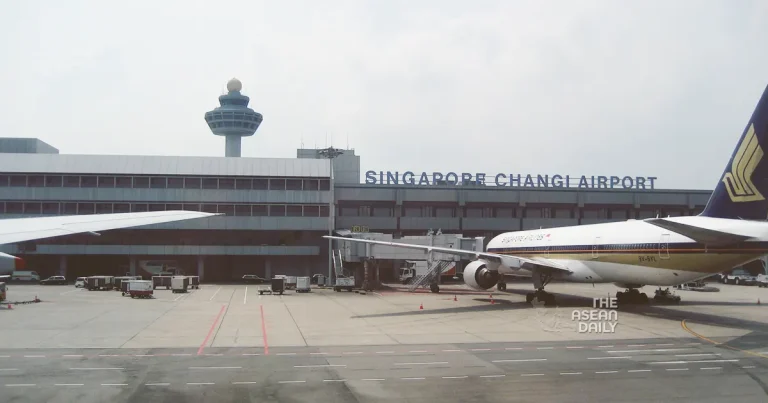20-2-2024 (SINGAPORE) Willie Walsh, the chief of the International Air Transport Association (Iata), reassured that Singapore’s plans to impose a levy on departing passengers will not risk the city-state’s status as a global aviation hub. Walsh explained that airports and airlines worldwide are pursuing similar agendas to achieve net-zero emissions by 2050, and the cost of this transition will ultimately be borne by passengers. He made these remarks during a press conference on February 19, concluding the second Changi Aviation Summit, which brought together senior government officials and industry leaders.
Walsh emphasized that the aviation industry’s only viable option to decarbonize by 2050 is through the widespread use of sustainable fuels. However, these fuels are significantly more expensive, three to five times the cost of conventional fuel, which will inevitably be reflected in airfares. This increase in costs cannot be avoided, and carriers will pass on the extra expenses to passengers, considering the industry’s thin profit margins.
Singapore’s new green jet fuel levy will be implemented from 2026, requiring flights departing the city-state to utilize sustainable aviation fuel. The national target is for sustainable fuel to constitute 1% of all jet fuel used at Changi and Seletar airports by 2026, with an eventual goal of reaching 3% to 5% by 2030. The levy collected will contribute to the bulk purchase of greener jet fuel necessary to meet these objectives.
While Walsh acknowledged that he generally opposes levies and taxes, he described Singapore’s measures as unique and designed to generate environmental improvements. He stated that if taxes or levies are imposed on the industry for environmental reasons, the funds should be reserved and dedicated solely to enhancing environmental performance.
However, Walsh cautioned that the increase in airfares could dampen the industry’s growth. He urged governments to provide support to significantly increase the production of green fuel, leading to greater volumes and ultimately reducing prices.
The introduction of Singapore’s sustainable fuel targets and levy has been largely welcomed by industry players and experts. Nevertheless, some have criticized the nation’s targets as conservative compared to other countries like Japan, which aims to mandate at least 10% sustainable fuel by 2030.
Independent aviation analyst Brendan Sobie of Sobie Aviation questioned why Japan and other countries have higher targets than Singapore for 2030, suggesting that Singapore should consider reducing its airport charges. Sobie expressed concerns that the new levy, coupled with an existing levy for Terminal 5 development, could impact the growth of Changi Airport.
Alberto Salvo, an environmental economist at the National University of Singapore, viewed Singapore’s move as an attempt to signal to fuel producers the need to scale up the supply of green fuel. However, he considered the targets timid in the context of the climate damage caused by aircraft.
Transport Minister Chee Hong Tat, addressing concerns of greenwashing, assured that the Singapore authorities would closely monitor emission reductions resulting from the use of sustainable jet fuel and ensure proper certification.
ExxonMobil Asia-Pacific’s vice-president of Asia-Pacific fuels, Ms. Ong Shwu Hoon, welcomed Singapore’s efforts to increase the adoption of sustainable aviation fuels. She revealed ExxonMobil’s aims to produce 40,000 barrels of lower-emission fuels daily by 2025 and 200,000 barrels by 2030, including sustainable jet fuel. Ms. Ong acknowledged the challenges in securing and handling raw materials derived from living matter, which requires substantial investments.
Sami Jauhiainen, the regional vice-president for renewable aviation at Neste, a producer of sustainable jet fuel, emphasized the importance of long-term demand visibility for accelerating investments in greener fuel. He stressed the need for a trajectory beyond 2030 in the energy sector to drive progress.




